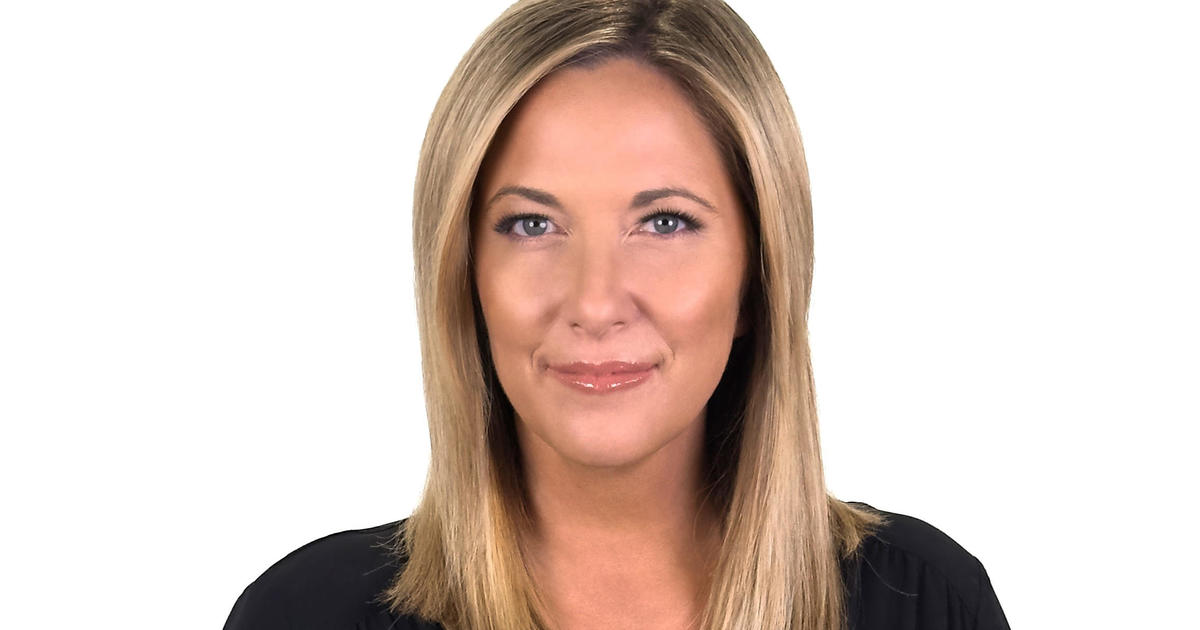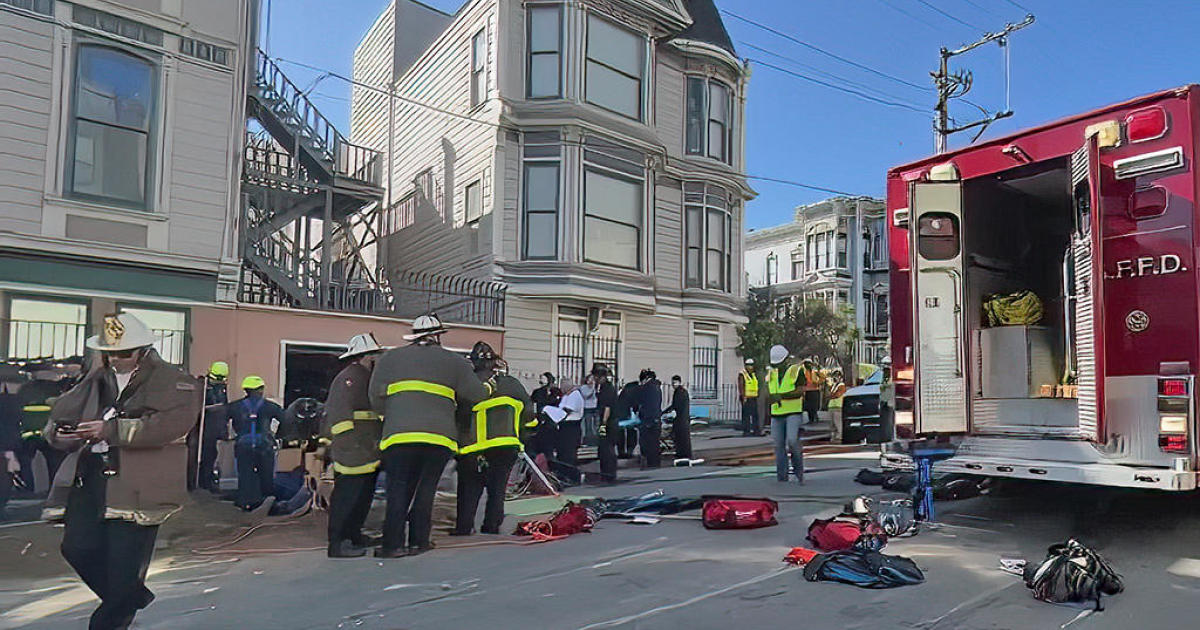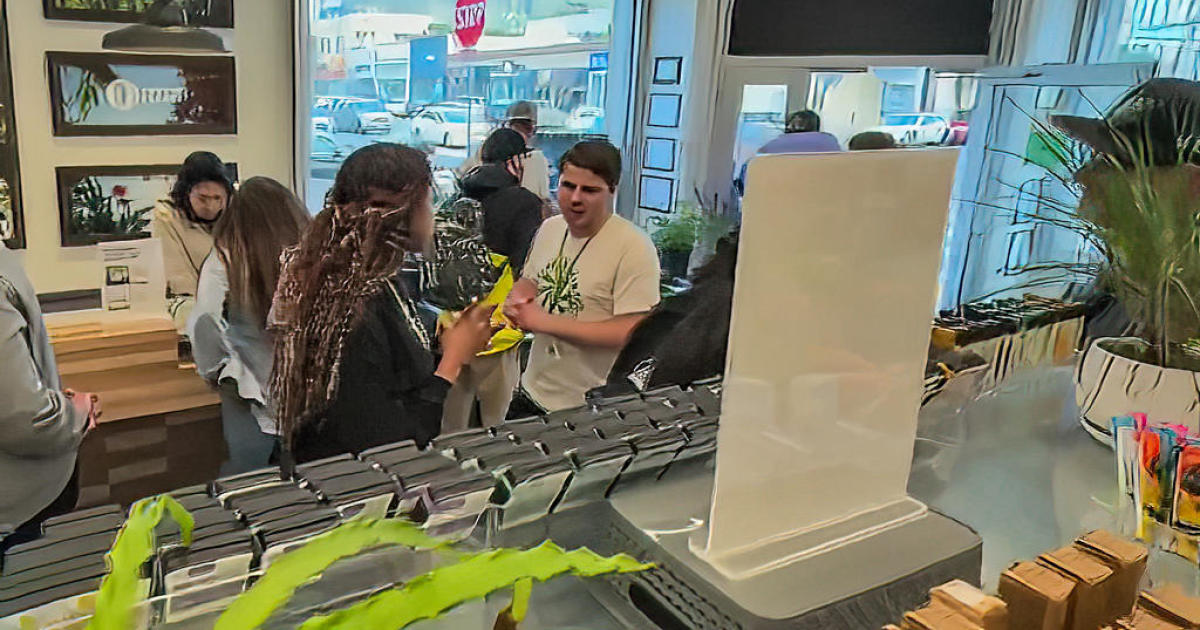NorCal Tsunami Advisory Lifted After Big Canada Quake
CRESCENT CITY (CBS News/AP) -- The National Weather Service canceled tsunami advisories for Canada, Alaska Oregon, and the Northern California coast after a 7.7-magnitude earthquake rattled the western coast of North America Saturday night.
The Del Norte County Sheriff's Department, based in Crescent City near the California-Oregon line, said it hadn't heard of any problems as a result of the tsunami. Crescent City was one of the California communities hit hardest by last year's tsunami from the Japan quake, with boats in the harbor suffering serious damage.
In Hawaii, the governor said what was a tsunami warning there that spurred coastal evacuations statewide had been downgraded early Sunday to a tsunami advisory, ending the threat of serious damage.
Gov. Neil Abercrombie said that the Aloha State was lucky to avoid more severe surges after the powerful earthquake struck off the coast of Canada's Queen Charlotte Islands area in British Columbia.
"We're very, very grateful that we can count our blessings," he said.
Abercrombie indicated that beaches and harbors would still remain closed statewide.
The first waves of a tsunami hit Hawaii on Saturday night, roughly three hours after evacuations were ordered for coastal areas, but they were smaller than expected.
Gerard Fryer, a geologist tracking the tsunami for the Pacific Tsunami Warning Center, said the largest wave was measured in Maui at more than 5 feet, about 2 feet higher than normal sea levels.
At first, officials said Hawaii wasn't in any danger of a tsunami after the earthquake sparked tsunami warnings for southern Alaska and western Canada.
Later, officials issued a warning for Hawaii as well, saying there had been a change in sea readings. About the same time, a tsunami advisory was issued for a 450-mile stretch of U.S. coast running from north of San Francisco to central Oregon.
A tsunami warning means an area is likely to be hit by a wave, while an advisory means there may be strong currents, but that widespread inundation is not expected to occur.
The National Weather Service said there were reports of water quickly receding in bays, including Hilo Bay on the Big Island.
The warning in Hawaii had spurred residents to stock up on essentials at gas stations and grocery stores and sent tourists in beachside hotels to higher floors in their buildings. Bus service into Waikiki was cut off an hour before the first waves, and police in downtown Honolulu shut down a Halloween block party.
In Kauai, three schools used as evacuation centers quickly filled to capacity.
While television traffic cameras showed onlookers at the beach in Waikiki, Honolulu Mayor Peter Carlisle warned people to stay away from the surf for several days.
"There's no reason to panic but there's every reason to take all of the necessary precautions," he said.
Coast Guard officials closed all harbors in the state to incoming boats and urged vessels to leave and not return until an all-clear is given.
"We don't have any reports of any tsunami impacts at this time, but we caution mariners because the tsunami surges can continue for several hours," Chief Warrant Officer Gene Maestas said.
A small tsunami created by the quake was barely noticeable in Craig, Alaska, where the first wave or surge was recorded Saturday night.
It was recorded at 4 inches, much smaller than forecast, said Jeremy Zidek, a spokesman for the Alaska Department of Homeland Security and Emergency Management.
The U.S. Geological Survey said the Canadian earthquake was felt in Craig and other southeast Alaska communities, but Zidek said there were no reports of damage.
(Copyright 2012 by CBS San Francisco. All Rights Reserved. This material may not be published, broadcast, rewritten, or redistributed)



